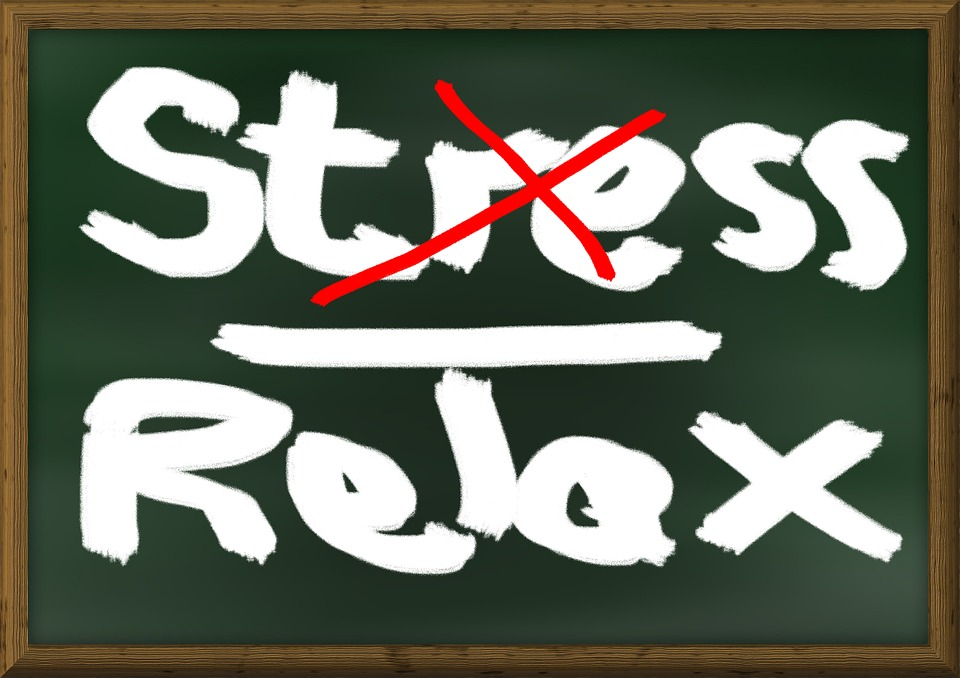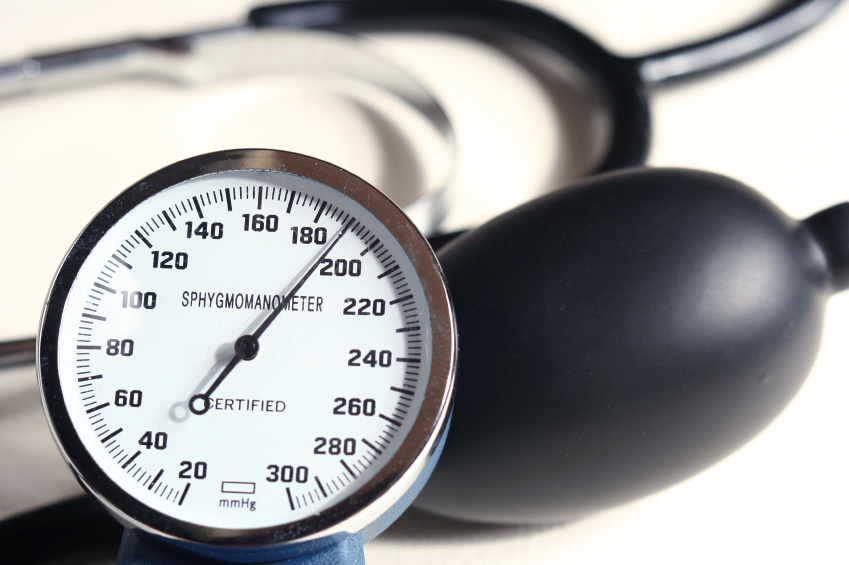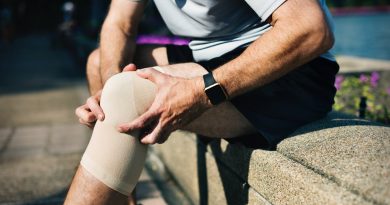What You Need To Do After A Stroke Strikes.
A stroke is a life changing event for anyone. Cognitive function can suffer hugely and it’s not rare for it to take an emotional toll as well. But every stroke victim is different and, in many cases, improvement is a process that happens continuously, bit by bit. After a stroke, life is different so you should live it different. The advice below should help you get back to living as independently as you can. If you know someone who has suffered a stroke, you can help them achieve that, too.
Following orders
It’s hugely important that stroke victims begin rehabilitation as soon as they’re able. There are a lot of reasons that those who have suffered a stroke may be scared of the future. However, following the doctor’s orders can help manage those fears. For example, it’s hugely important that effort is made toward speech rehabilitation.
Nutrition
Nutrition is a huge part of recovering from any injury or illness and a stroke is no different. Particularly since strokes can be caused by poor nutrition in the first place. Excess weight and high blood pressure are big contributors to a risk of stroke. Limiting saturated and trans fats will help. For those with swallowing problems after a stroke, crushed supplements and tube feeding can help. Just consult your doctor regarding any big diet changes.
Exercise
Another vital part of recovering from a stroke is exercise. Particularly in cases where people suffer cognitive damage and limited mobility. Depending on where the function has decreased, such as the legs, exercises can be the answer to regaining mobility. Just make sure that you avoid overexertion and work gradually. For a while, you may have difficulty even standing and walking, but repetition is the key to a steady recovery.
Preparing for the future
Anyone who suffers from a stroke will most likely feel apprehensive about their future. But they may also understand why it’s important to plan for it. Life insurance for stroke victims is no different. There are some fears that it may rule them out entirely, but it’s still possible to get that life insurance. The sad truth is that depending on the kind of stroke and the circumstances, you may have to pay considerably more.
Avoiding stress
After suffering a stroke, there are two prongs to taking care of your health. One is to regain as much function as you had before the stroke. The second is preventing it from happening again. >Psychological stress has been linked directly to strokes, It’s important to remove stressful elements from your life. Exercise and socializing are two great methods of beating back any stress in your life.
The emotional toll
A stroke is a life-changing event so it’s only natural it can have long-lasting psychological effects. These may include depression or a sense of existential anxiety. Recovering as a stroke victim can often mean fighting past these as well. Your feelings are not silly, inconsequential or a sign of weakness. Let your doctor know if you’re having difficulties with mental health as well as your recovery.







